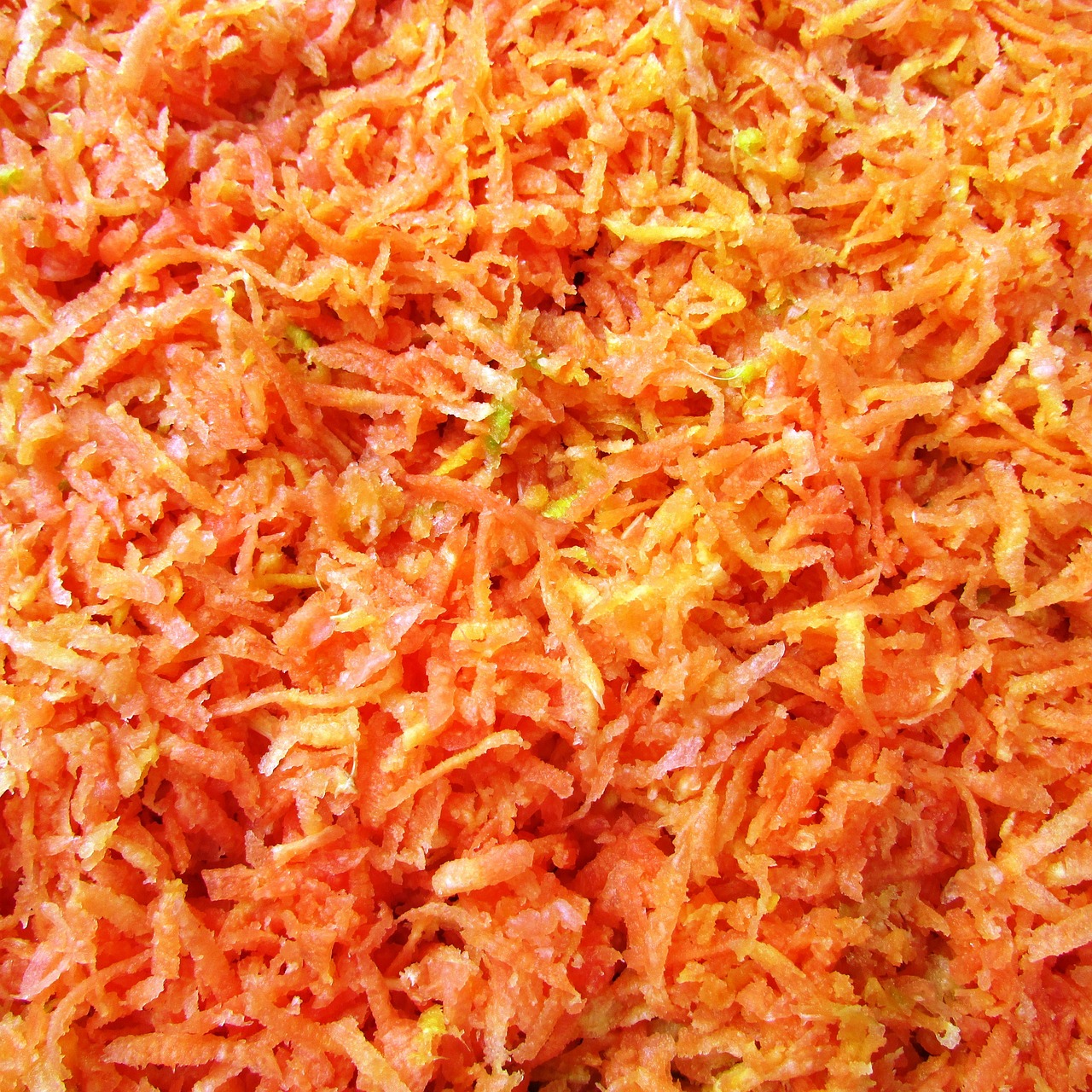Exploring the Influence of Political Polarization on Election Discourse
Political division in society has become increasingly evident during election discussions. The polarization of political ideologies has resulted in a stark contrast between different viewpoints, leading to heated debates and often hindering productive conversations. Rather than focusing on understanding different perspectives, individuals tend to entrench themselves in their own beliefs, further deepening the divide between opposing political factions.
This widening gap in political discourse has not only strained relationships between individuals but has also affected the overall democratic process. Instead of engaging in constructive dialogue that could lead to informed decision-making, people often resort to personal attacks and misinformation, contributing to a hostile environment during election discussions. It is essential for individuals to recognize the detrimental effects of political division and strive towards fostering more respectful and open conversations to promote a healthier democratic society.
The Role of Social Media in Amplifying Partisan Rhetoric
Social media’s pervasive influence in shaping public discourse has facilitated the amplification of partisan rhetoric. Individuals are now able to easily share their political views, creating echo chambers where like-minded individuals reinforce each other’s opinions. This online environment fuels polarization as differing perspectives are often dismissed or attacked rather than engaged with in meaningful dialogue.
Moreover, the algorithmic design of many social media platforms tends to prioritize content that aligns with a user’s existing beliefs, further entrenching partisan divides. This targeted content delivery can lead to the spread of misinformation and the reinforcement of biased narratives, creating a cycle of division and animosity. As individuals are constantly bombarded with information that confirms their existing views, they may become more entrenched in their ideologies, making it increasingly difficult to bridge the gap between opposing political factions.
How does political division affect discussions surrounding elections?
Political division often leads to heightened emotions, increased polarization, and a greater focus on partisan differences rather than common ground in election discussions.
What role does social media play in amplifying partisan rhetoric?
Social media platforms have become popular channels for individuals to express their political views, share content that reinforces their beliefs, and engage with like-minded individuals, thereby amplifying partisan rhetoric.
Can social media contribute to the spread of misinformation and fake news during election season?
Yes, social media can inadvertently facilitate the spread of misinformation and fake news by allowing individuals and interest groups to disseminate unverified or biased information to a wide audience quickly and easily.
What are some strategies for mitigating the negative effects of partisan rhetoric on social media?
Some strategies include fact-checking information before sharing or reposting, engaging in civil and respectful discussions with those who hold opposing views, and diversifying one’s social media feeds to include a range of perspectives.
How can individuals navigate the overwhelming amount of partisan content on social media during election season?
It’s important for individuals to critically evaluate the information they consume, seek out reputable sources for news and analysis, and engage in constructive dialogue with others to gain a more nuanced understanding of complex political issues.





